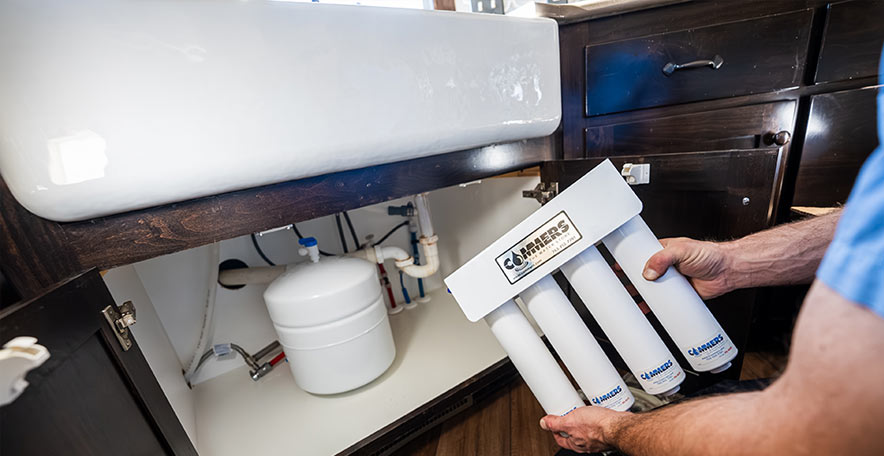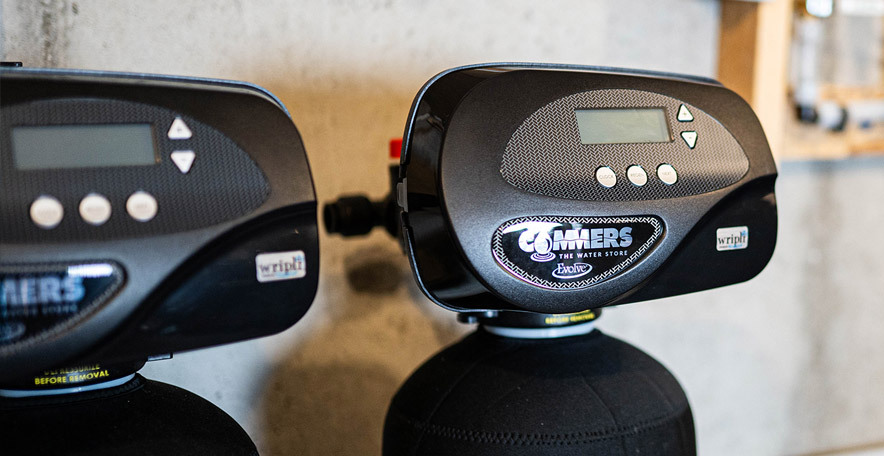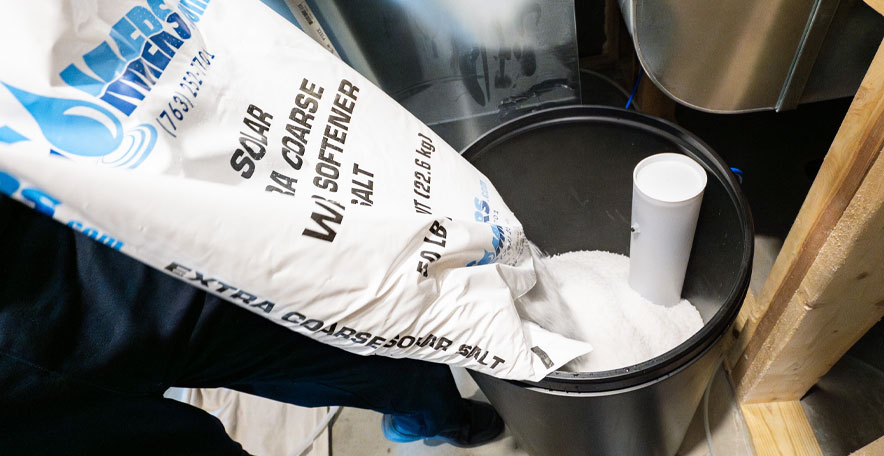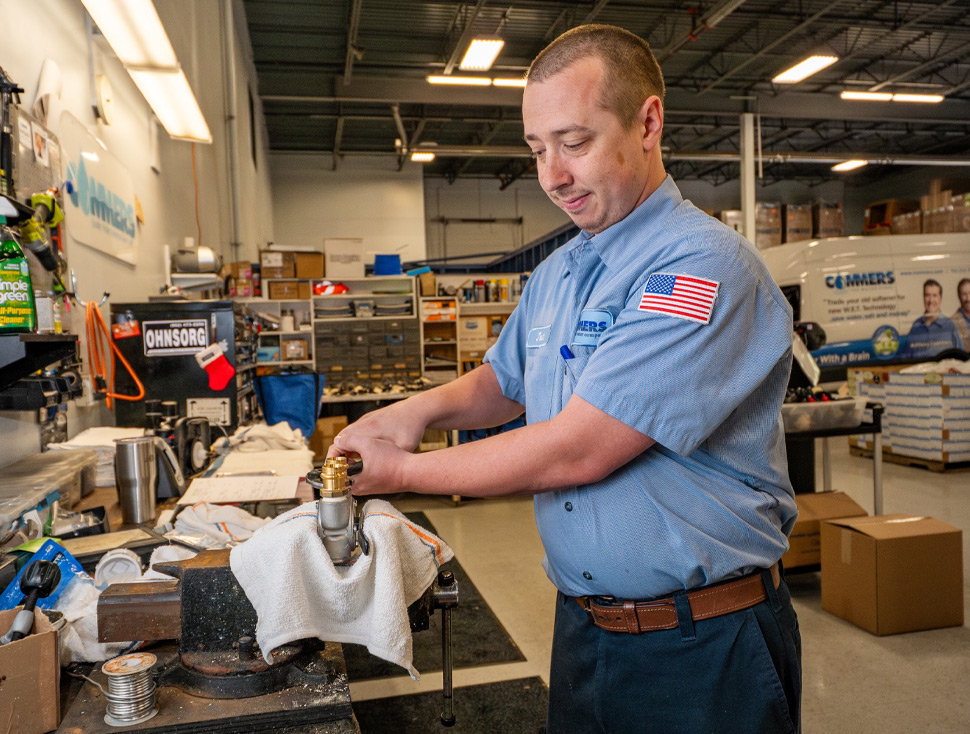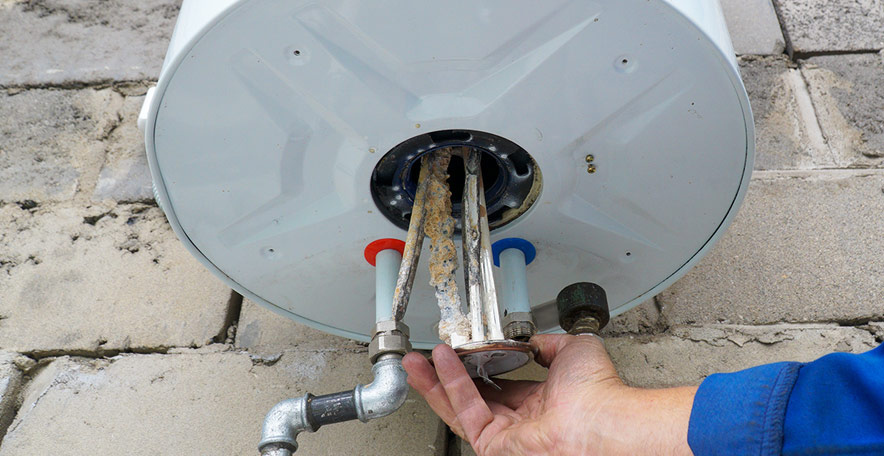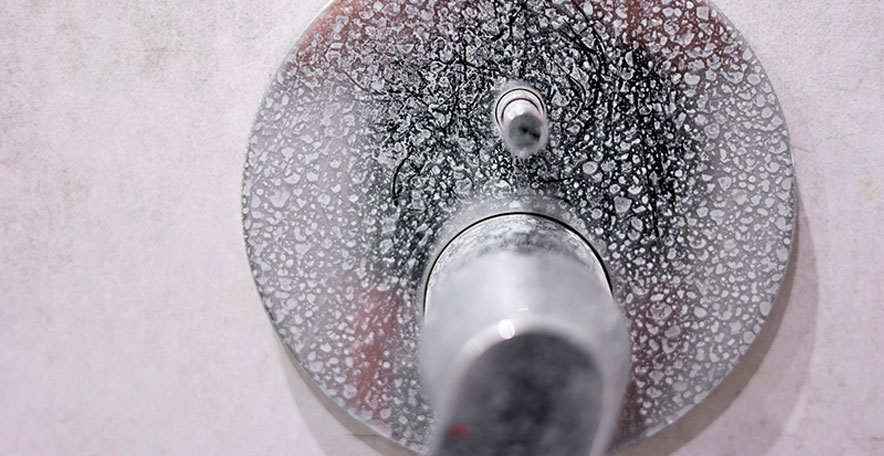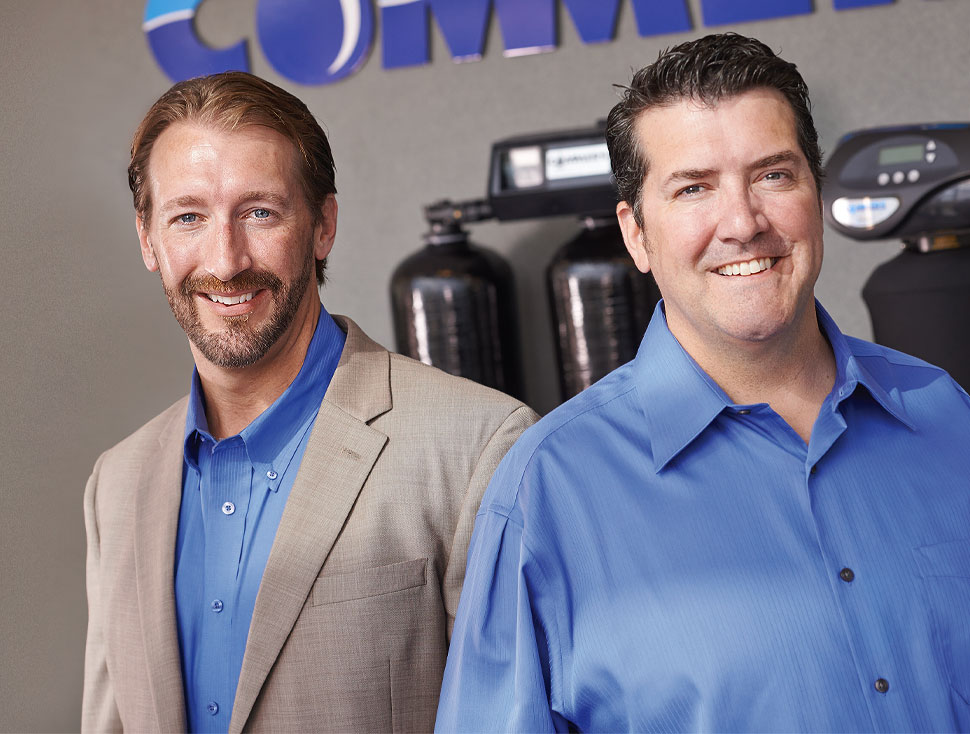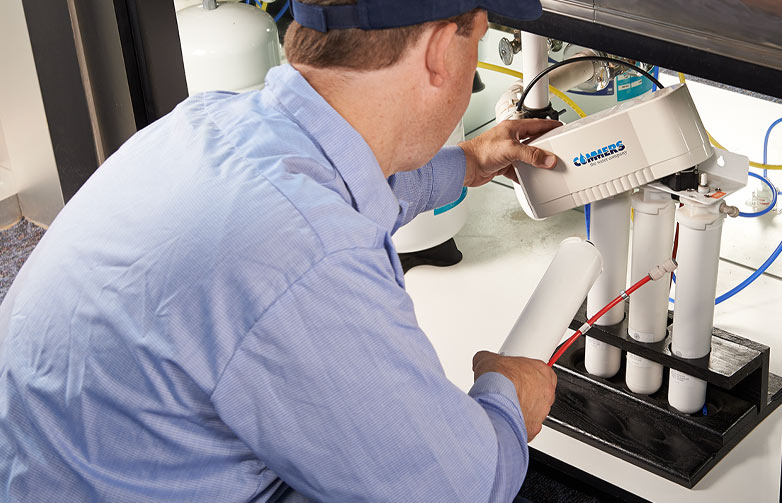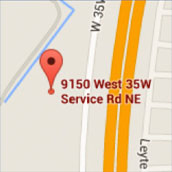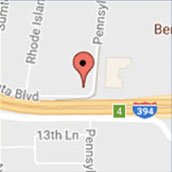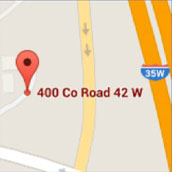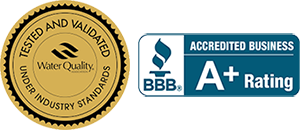We totally get it—you turn on the tap and expect clean, safe water. That’s how it should be, right? And most of the time, it is. But here’s the thing: just because water looks clean doesn’t always mean it’s free from things you wouldn’t want in your glass.
At Commers Water, we’ve been helping Minnesotans get better water since 1947. And one thing we’ve learned over the years? Tap water can carry some surprises—especially depending on where you live, the age of your plumbing, and what’s happening in your local water supply.
Let’s take a closer look at what might be floating under the radar in your tap water.
1. Chlorine and chloramines
These disinfectants are added to city water to kill bacteria and viruses—and they do a great job. But they also come with a catch: taste and odor. If your water smells like a swimming pool or leaves your coffee tasting off, chlorine is probably the culprit. Not to mention, long-term exposure can be hard on your skin and hair.
2. Lead and other heavy metals
This one’s especially common in older homes with outdated pipes. Even if your city has clean water when it leaves the treatment plant, it can pick up lead or copper as it travels through old plumbing. It’s tasteless, colorless, and not something you want in your family’s water.
3. Nitrates and agricultural runoff
If you live in or near a rural area, your water could be affected by fertilizers, pesticides, or other chemicals used in farming. These contaminants can seep into groundwater and show up in private wells and even some municipal supplies. They’re especially concerning for infants and those with certain health conditions.
4. Hard water minerals
Calcium and magnesium might sound harmless (and technically, they are), but they’re still considered contaminants. They don’t make you sick, but they do cause scale buildup in your pipes, spots on your dishes, dry skin, and rough laundry. Not exactly the kind of “clean” you want from your water.
5. Microorganisms
City water is treated to eliminate most bacteria and viruses—but things can still slip through. And if you’re on a private well, your water isn’t treated at all unless you do it yourself. Without regular testing, you might not even realize what’s living in your water.
So… how do you know what’s in your water?
Great question. The short answer? You test it. At Commers, we offer free in-home water testing that’s quick, easy, and zero-pressure. We’ll walk you through what’s in your water and help you figure out what (if anything) you might want to remove.
What can you do about it?
The good news: there’s a solution for just about every water issue—and we make it simple. From reverse osmosis drinking water systems to whole-home filtration and softeners, we’ll match you with the right fix for your home, your family, and your water.
Because when it comes to something you use every day—for drinking, cooking, bathing, and more—it’s worth making sure it’s the best it can be.
So if your water smells weird, tastes off, or you just want peace of mind, let’s talk. No pressure, no jargon. Just real answers from Minnesota’s water experts since 1947.
Better water, made easy. That’s what we do.
